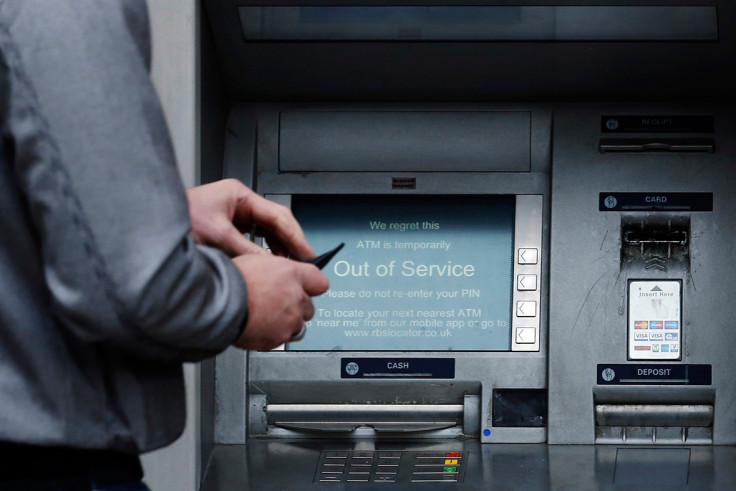Banks urged to make 'fundamental changes' to overdraft charges
FCA chief executive Andrew Bailey calls for radical overhaul as 'status quo is not an option'.

Maintaining the status quo is "not an option" when it comes to the fees banks charge for unarranged overdrafts, the Financial Conduct Authority has said.
As it published its report into the regulations surrounding high-cost lending on Monday (31 July), Britain's financial regulator called for banks to change the way they charge customers who take out an unplanned overdraft.
"The nature and extent of the problems that we have found with unarranged overdrafts mean that maintaining the status quo is not an option," said Andrew Bailey, chief executive of the FCA.
"We are now working to resolve these issues while preserving the parts of the market that consumers find useful."
Tthe Competition and Markets Authority (CMA) and consumer groups both criticised banks for charging exorbitant fees to customers taking out unplanned overdrafts.
Following its inquiry into the industry, the competition watchdog last year called for banks to cap their unarranged overdraft fees as part of an industry overhaul that could save UK customers a combined £1bn over five years.
The CMA urged banks to implement the changes by September this year and RBS and Natwest will introduce a £90 maximum fee for overdrafts on 24 July, while Lloyds will introduce a maximum fee of £95 which will then be scrapped in November.
HSBC is set to remove interest charges on most unplanned overdrafts but will still charge fees of between £5 and £80 per day, while Barclays abolished unplanned lending back in 2014.
Meanwhile, there was better news on the payday loans front, with new regulations, delivering "substantial benefits" to consumers. The regulator introduced a 0.8% per day price cap on payday loans, which will be kept in place for another three years before being reviewed.
The FCA report found that approximately 760,000 customers saved a combined £150m a year, while firms were increasingly unlikely to lend to customers who cannot afford to repay their loans.
As a result, debt problems linked to high-cost short-term credit are diminishing.
"High-cost credit products remain a key focus for us because of the risks they pose to potentially vulnerable customers," Bailey added.
"We are pleased to see clear evidence of improvement in the payday lending market after a period when firms' treatment of customers and their business models were often unacceptable."
© Copyright IBTimes 2025. All rights reserved.






















